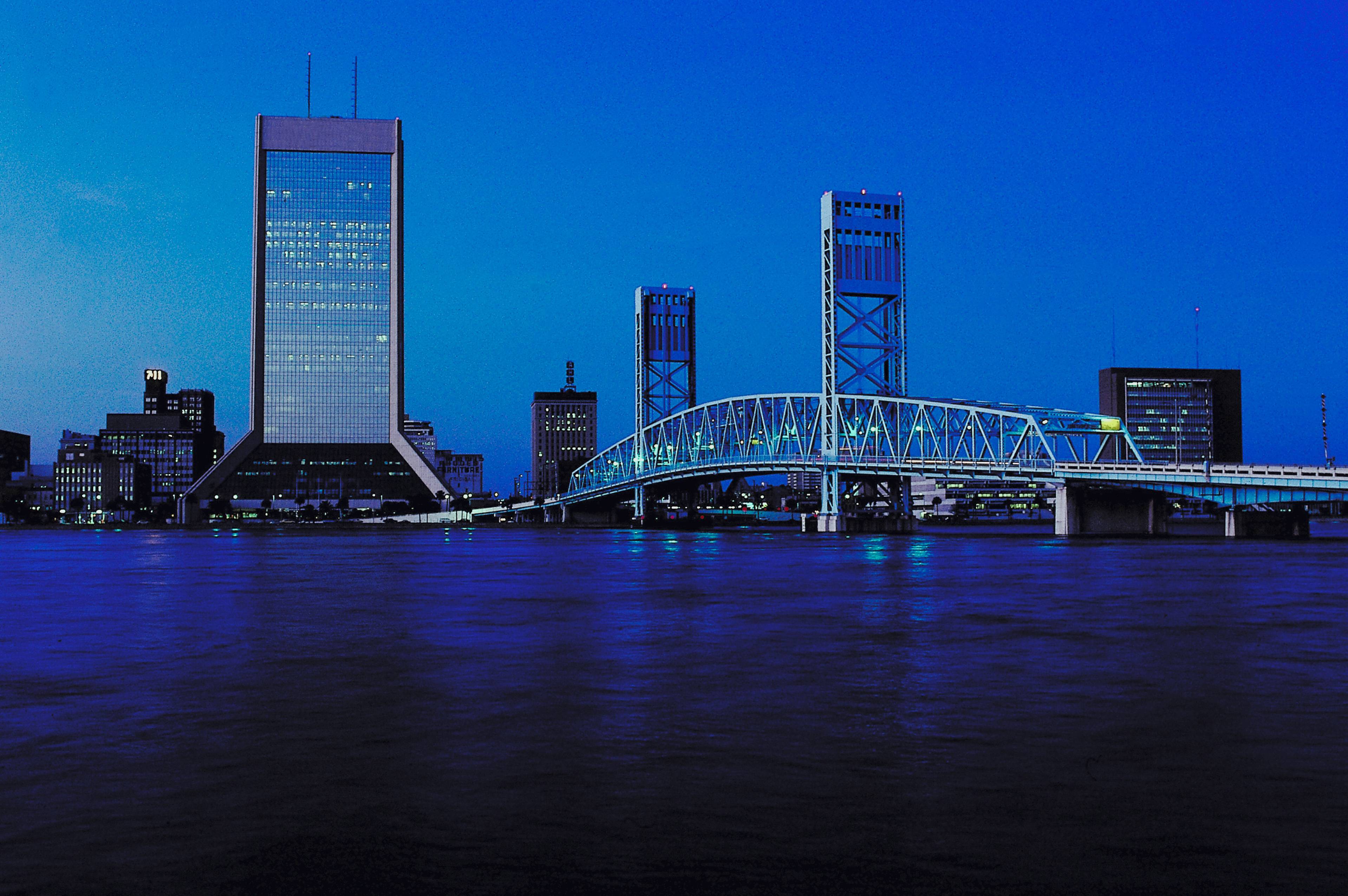
You will need to buy short-term travel insurance, regardless of whether you are traveling for pleasure or business. This will protect you against any unforeseen costs. These plans can provide coverage for medical expenses and cancellation protection as well as emergency evacuation. This article will review the various options available and help you select the right one. Continue reading to learn more about these policies. They are available for you and your family in all situations.
Travel insurance for short-term costs
Your trip cost is a major factor in the premium rate of travel insurance companies. The more expensive your trip, the higher your potential claim payout. Forbes Advisor conducted a study and found that plans with different price points could cover as much as five percent of your trip expense. This is a very affordable cost when compared to other options available. Consider getting comprehensive coverage before your trip.
First, determine your travel destination. Some companies offer multiple policy tiers. Some offer coverage up to $2 million. The higher coverage limit will result in higher premiums. Also, policies premiums may vary by state. New York's premium difference was less that $10. Make sure to check out the policy terms before you make a final decision. Make sure you are satisfied with the coverage.

Pre-existing conditions coverage
If you're considering buying short-term travel insurance, you need to know what pre-existing conditions are and whether they'll be covered. Pre-existing conditions refer to diseases, illnesses, and malady that you have suffered from in the past. This includes any conditions you have had diagnosed or treated by doctors, and any medications you have taken. To be covered, you must have received treatment for any of the conditions within six months from the Effective Date for Insurance.
There's a good chance your pre-existing condition will be covered if you have a policy with a provider that offers it. Squaremouth travel insurance will look back 60-180 days from the date of purchase and consider any change to your medical condition as preexisting. Other companies will require you to purchase your policy within 10 days after the deposit date. In any case it is always best to buy insurance as soon possible -ideally as soon after you've chosen your destination.
Trip cancellation protection
Before purchasing a policy, be sure to understand all of the details of its trip cancellation benefits. These benefits may be valuable, but not all policies are the same. Some policies offer reimbursement for prepaid expenses, others do not. Trip cancellation insurance will protect you against financial loss if your trip is cancelled due to medical reasons. These plans are typically time-sensitive. You will need to ensure that you have reviewed the details prior to making any changes.
The amount of money you'll lose depends on many factors, including your health, the value of your luggage, and the health of the airline or tour company. Some policies will not cover COVID-19 changes. You can choose the best plan by understanding your options. Ultimately, it will protect you financially from any unforeseen events. It's a good idea for you to check with your insurance company if you are unsure about your coverage. You should have peace of mind when you travel abroad.

Adventure sports coverage
Many people are not aware that adventure sport coverage can be purchased as a short-term insurance policy. Many of these activities involve extreme physical activity such as skydiving or bungee jumping. Adventure sports are risky and can lead to injuries. As a result, the adventure sports coverage in your travel insurance policy can provide you with peace of mind if you are ever injured while participating in these activities.
Some insurance plans may not be able to provide adequate coverage for extreme activities. Some will provide limited coverage, while others may offer additional riders at a premium. Some policies will cover adventure sports if there is an accident. However, this is usually not covered by standard travel insurance policies. Luckily, there are several travel insurance plans that offer adventure sports coverage. These include International Student Insurance or the Patriot Plan. The Patriot Plan allows you to add any optional adventure sports coverage.
FAQ
What documents should be kept handy while on the road?
Keep copies of important documents handy for when you're on the move. Keep a backup of your passport and driver's licence, as well as any credit card information, if you intend to use an ATM.
A photocopy of your passport is always a good idea so that it can be used to prove identity in case of emergency.
Don't forget to attach copies of your itinerary or reservations. These will help you remember where you are going and what you plan to see.
Also, keep a duplicate of your flight ticket as well as details about your hotel reservation. You'll be able contact someone back home in case you need them.
It's a good idea to never leave valuables unattended. Make sure you have a place to store your valuables, such as a money belt or in your luggage.
Check your bag before you go to prevent losing expensive items.
Remember, it's safer to keep things simple rather than trying to plan everything.
Enjoy your journey and relax!
What should I do with my luggage?
There are many options. One of the most popular options is to use airport lockers. These are normally located near the security area. They cost between $5-10 per day, depending on the locker size.
Renting a storage unit is another option. These units can be found in shopping centers and hotels. While prices can vary, there are some places that offer discounts for multiple units being rented together.
You can also hire a porter. A porter will transport your luggage from the carousel into your room. A small fee is charged each time the porter helps you.
How can I make traveling more fun?
It should be more than just about getting from A to B. You should include all the experiences you have along the way.
We created "Traveler", an app that allows you to plan your trip by creating itineraries according to your interests.
We are working on additional features like booking hotels and flights, renting cars, etc.
The idea behind this project was to create a simple travel planning tool for people who want to experience more while they're away.
What size luggage should I carry?
The length of the trip will affect how much luggage that you can take. For a flight, hand baggage is not necessary, typically less than 20 kg. If you are traveling by plane, you only need hand baggage, usually less than 20kg.
You will receive a form with all the details about your flight when you arrive at airport. This form will contain information about your flight, such as the weight and assistance required when you check them in.
This should be checked before you leave home. You could end up spending hours waiting for your luggage to be checked while others check theirs.
Travel light as you never know what may happen. If your bag is lost or damaged, you will not have any clothes.
Should I purchase travel insurance?
Travel insurance is vital if you're planning to travel. It is important to have insurance that covers all types of adventure sports.
For example, if you are skiing, you should ensure that you have medical coverage. You should also think about getting coverage for theft loss and damage.
Also, you should consider purchasing cancellation insurance. This allows you to cancel your holiday without having to pay any penalties.
Also, make sure you ask for insurance for emergency evacuation. This includes being taken off the mountain in case of an avalanche or other natural disaster.
Where can I buy cheap airline tickets?
If you want to find the cheapest airfare, then you might consider looking at airlines like Jetstar, Virgin Australia, AirAsia, Tigerair, Malaysia Airlines, Singapore Airlines, Thai Airways International, Korean Air, Philippine Airlines, China Southern Airlines, etc.
You can search online to find out if these airlines offer discounted flight tickets.
These are the things that you must remember when traveling.
When you travel, you'll find yourself in situations with little time to make decisions. Be ready to adapt.
It is possible to be stuck anywhere for hours, days or even weeks. If you plan ahead you can have food and water, shelter, and a place for sleep. If you don't have a plan, you might have to make do.
In these cases, you'll probably have to rely on what you know how to do best. That means making quick decisions based on instinct and experience.
Sometimes you don't have a choice. Sometimes, however, you will have to make do with what you have. In these cases, you will have to adapt quickly and respond to any situation.
Keep calm, be focused, and take action. Don't panic. Instead, focus on what you can control.
For example, if you're lost in the woods, you can choose which direction to go. If you feel hungry, you have the option to eat berries or mushroom. Rainwater can be drank or snowmelt.
If you're tired, rest. Wrap up warmly if it's cold. You can also change your clothes if you are wet. You will feel happier no matter what, if your outlook is positive
Statistics
- Alcoholic beverages with more than 24% but not more than 70% alcohol are limited in checked bags to 5 liters (1.3 gallons) per passenger and must be in unopened retail packaging. (tsa.gov)
- Alcoholic beverages with 24% alcohol or less are not subject to limitations in checked bags. (tsa.gov)
- Pack sweaters, jackets, and underwear in reusable compression bags creating up to 75% more space in your luggage. (wikihow.com)
- Case in point: the private island of Ilha Caldeira, less than seven miles off the coast as part of the Primeiras and Segundas Archipelago, is located within the marine-protected area with 20 percent of the country's intact living coral. (travelandleisure.com)
- They're also likely to offer babysitting services, in case you'd like to have dinner one night after 7 p.m. (travelandleisure.com)
External Links
How To
How to travel for cheap
It is one of the most loved activities. However, travel is costly. The cost of flights, hotels, rental cars, transportation, food, etc., makes traveling very costly. It is even more costly if you have kids. How can we make travelling more affordable?
Start by looking at ways we can reduce our costs. If you plan your trip in advance, you might get discounts on airfare, hotel room, rental cars, and other services. Budget hotels can be a great way to save money. A hostel is a good option for those who don't want too expensive accommodation. You can also use Airbnb to rent out a room in someone’s house by taking public transport.
It is worth spending a little more to avoid additional fees. To avoid paying extra fees, consider spending a little more if you have to use Wi-Fi. This way, you won't have to worry about paying roaming charges. You can also order pizza or pasta outside to reduce the cost.
You can also try to split the expense with your friends and family. Ask your family and friends to split the bill. Maybe you can even work together to purchase tickets. Sharing expenses helps you save money and reduces stress.
If you're still struggling to save money, there are always camping and hiking options. These activities are usually completely free. It is important to bring water, snacks, sunscreen repellent, insect repellent, a first-aid kit, flashlight, a sleeping bag, and other supplies.
There are many ways to make traveling affordable. You can think creatively and come up unique ideas.